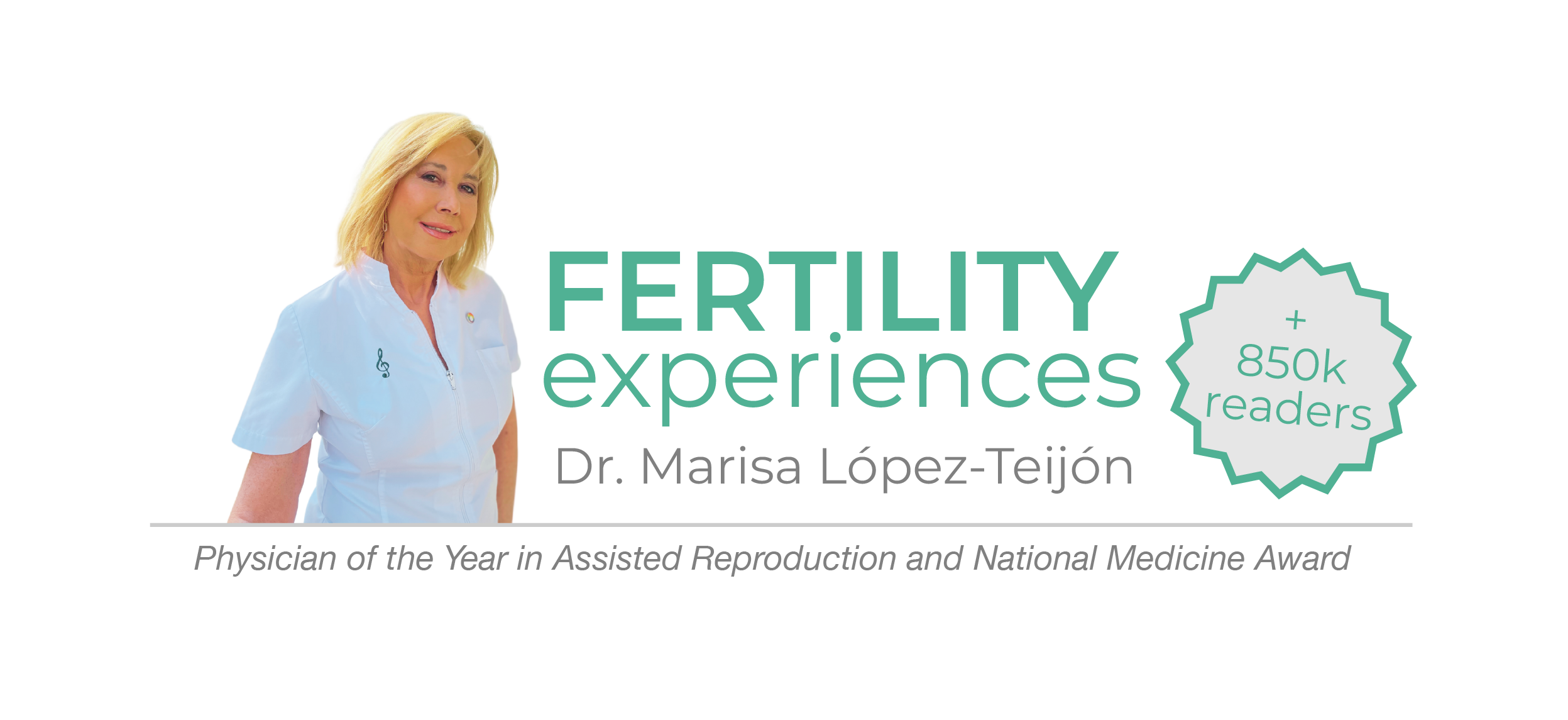At Institut Marquès we continue asking questions about the benefits of music in the beginning of life. So, now we want to know if music can also help embryo to implant in the maternal womb. Thus, we are carrying out a study with patients from all around the world using Babypod. We want to see if stimulation of the endometrium by music can help to increase the pregnancy rate and reduce the risk of abortion.
This clinical trial will include 900 patients and is availble to all women who need assisted reproduction treatment. If this is your case, you are welcome to participate. The truth is the study is generating significant demand, patients around the world, specially women with abortions or failures in previous cycles are interested to take part in it.
If you decide to take part, you will be included in one of two specific study groups: the patients who have to use Babypod for the test and the other group of patients not using it.
If you are in the first group, you must use the vaginal device for 20 minutes when you get home, just after the transfer. Afterwards you will have to repeat the sequence in the morning and evening for 10-14 days until the pregnancy test.
I remind you that Babypod is a vaginal device very easy and safe to use. It is placed as a tampon and connected to the music via mobile phone. Many pregnant women are already using it to communicate with their babies.
This study is very important as there is continuous progress in IVF laboratories to improve the quality of embryos, but there are very few regarding embryo implantation. Many implemented treatments have failed to prove their effectiveness, for example,vendometrial scratching, uterine cavity surgery, anti- parental antibodies or use of different medication such as anticoagulants. Therefore we want to know if musical vibrations can improve endometrial receptivity.
We know that the moment of the transfer (when we transfer embryo or embryos from In- Vitro Fertilisation that have developed to the uterus of mother) is very delicate, specially for the patients who have undergone many cycles without any success previously.
I am looking forward to conclude the study in order to tell you the conclusions!
Watch this video if you wish to know a little more.

Hi, my name is June. I am 54. In 1996 I was pregnant. At that time I a Singer at the Conservatório Brasileiro de Música. Every night, while I was already ready to sleep I used to hear sounds simmilar to a whale in The water. At that time I was certain that was my baby tryimg to sing. But nobody would belive me. Although now your research gave me an explanation. I was right!! Thank you very much!
Dear June,
Thanks so much for share with us your experience
Kind regards,
Is your study just for patients at your clinic?
Dear Karen,
Yes, the study is only for our patients, but if you wish you can buy it and use it.
Kind regards
Hi
Has this study concluded? I’d be interested in the results!
Thanks
Amanda
Dear Amanda,
The results of the study will be presented in Eshre Congress this year. Most probably the results will appear on newspapers then.
Kind regards
I took part in the study and it worked for me!